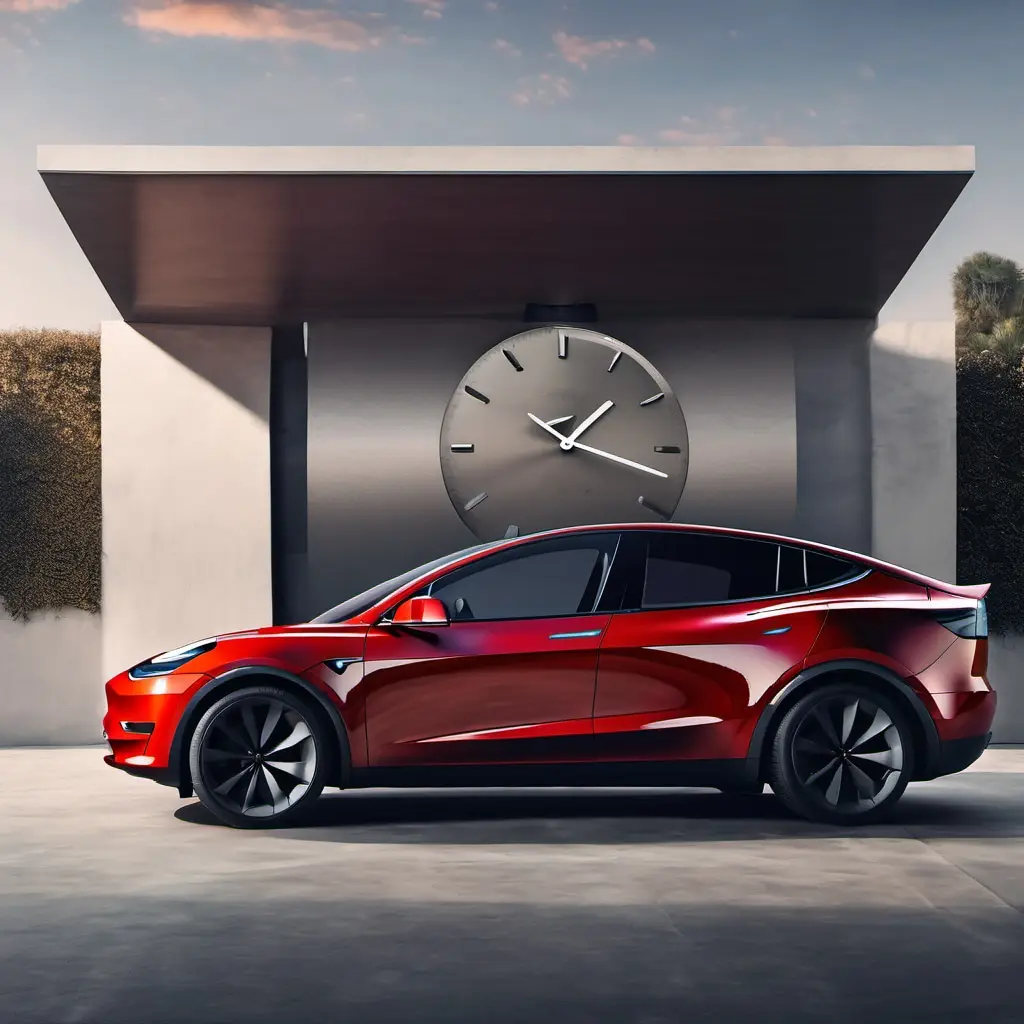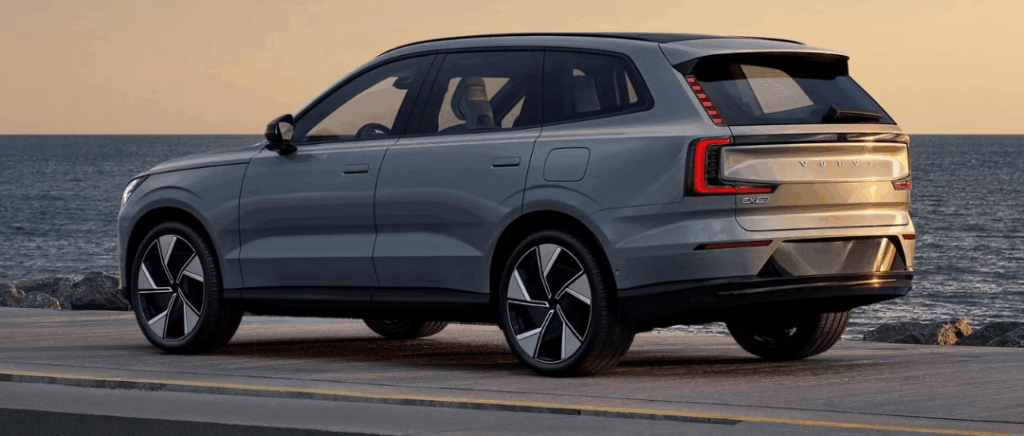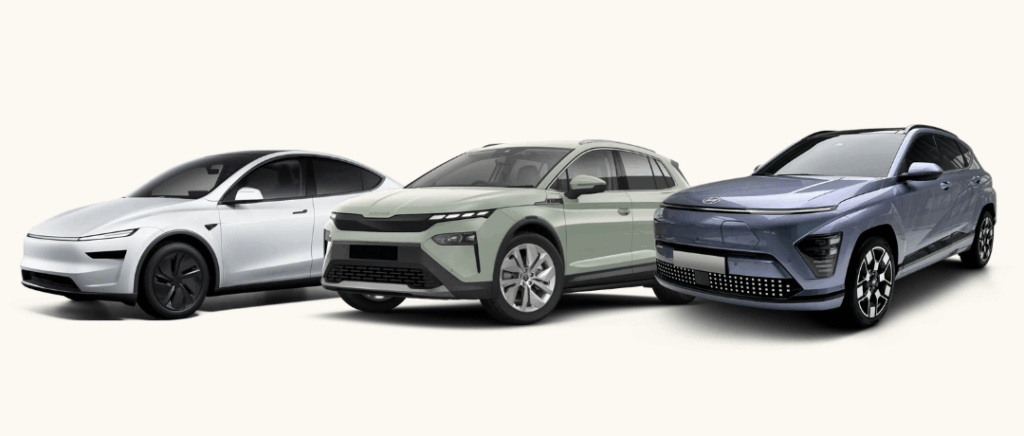With Beev
Switch to
Electric cars
or install your
Charging station
For individuals and businesses
How much does an electric car cost?
The purchase price is higher than that of a petrol or diesel car
The higher purchase price of electric vehicles compared with petrol or diesel cars is the result of a number of detailed components. Firstly, the batteries at the heart of electric vehicles are technologically sophisticated and expensive to produce. Their manufacture requires specific materials and complex manufacturing processes, resulting in a higher initial cost for these vehicles.
What's more, research and development costs for electric vehicles, particularly in terms of improving fuel efficiency, are expected to rise sharply.autonomy of the battery and overall performance, are substantial and are reflected in the final price of the product. In addition, electric vehicles are often equipped with additional advanced technologies, such as energy management systems and advanced electric motors, which also contribute to their initial cost.
Although government subsidies and tax incentives may partially reduce this price differential, these incentives may vary by region and may not fully compensate for the initial difference. However, it should be noted that despite the higher purchase price, the long-term savings on fuel and maintenance, as well as the environmental benefits of electric vehicles, should be taken into account when making an overall assessment of their cost of ownership.
Government aid to bridge the price gap
The price gap between electric cars and combustion-powered vehicles is often cited as a barrier to the mass adoption of electric mobility. Fortunately, the French government has introduced a number of subsidies to reduce this gap and make electric cars more accessible.
- Le environmental bonus is financial assistance from the French government for the purchase of a new electric or plug-in hybrid vehicle. The amount depends on the type of vehicle and its CO2 emissions. For electric cars, the bonus can be as much as up to €7,000.
- La conversion premium is another form of financial assistance aimed at low-income households wishing to replace their old diesel or petrol vehicle with an electric or plug-in hybrid vehicle. This bonus can be combined with the ecological bonus. It can amount to up to €5,000 for electric vehicles.
- In addition to this national support, some local authorities also offer financial incentives for the purchase of electric cars. These incentives can take various forms, such as grants, reductions in property tax or free parking spaces.
Taken together, this support can considerably reduce the purchase price of an electric car, making it more accessible to more people.
The impact of battery costs on the price of electric cars
The cost of batteries is one of the main factors influencing the price of electric cars. This is because, batteries represent around 30 to 50 % of the total cost of an electric vehicle.
There are several reasons why batteries are so expensive:
- The cost of raw materials: Lithium-ion batteries, which are the most commonly used in electric cars, contain rare and expensive raw materials, such as copper, zinc and lead. cobalt and lithium.
- Complexity of manufacture: Battery manufacture is a complex and technical process that requires specialised equipment and highly skilled workers.
- Low production: Battery production is still relatively low compared with the production of internal combustion vehicles. This means that economies of scale have yet to be fully realised.
However, the cost of batteries is constantly falling. This is due to a number of factors:
- Improved manufacturing technologies: Battery manufacturers are investing in new technologies to reduce production costs.
- Increased production: Battery production is increasing rapidly to meet the growing demand for electric vehicles.
- Falling raw material prices: The price of raw materials such as cobalt and lithium has fallen in recent years.
It is estimated that the cost of batteries will fall by 50 % by 2025. This will significantly reduce the price of electric cars and make them more accessible to more people.
Here are a few examples of the impact of battery costs on the price of electric cars:
- La Tesla Model 3one of the world's most popular electric cars, has seen its price fall by several thousand euros in recent years, thanks to lower battery costs. It goes on sale for €42,990.
- Renault Zoeanother popular electric car, is now available from €20,000 after deduction of the environmental bonus.
Charging your electric car at home: solutions and costs
Charging your electric car at home is the most practical and economical solution. There are several ways of recharging your car at home:
- The standard electrical socket :
This is the simplest and cheapest solution, but it is also the slowest. Recharging can take several hours, depending on the power of the plug and the capacity of your car's battery.
- The reinforced socket :
This is a special electrical socket that allows you to recharge your car more quickly than a standard socket. Recharging power is up to 3.7 kW, which means you can recharge a 20 kWh battery in around 6 hours.
- La wallbox :
This is a charging point wall-mounted charger that lets you recharge your car even faster. Recharging power is up to 22 kW, so you can recharge a 20 kWh battery in around 1 hour.
The cost of home recharging depends on a number of factors:
- The type of recharging solution: the standard socket is free, the reinforced socket costs around €200 and the wallbox costs between €500 and €1,500.
- Electricity prices: The price of a kWh of electricity varies according to your supplier and your contract.
- Your car's fuel consumption: The fuel consumption of an electric car varies according to its model, driving style and driving conditions.
On average, the cost of recharging at home is around €0.15 per kWh. This means that costs around €3 to recharge a 20 kWh battery.
There are a number of government grants available to help finance the installation of a home charging point. In France, the tax credit for energy transition (CITE) makes it possible to deduct from your tax 30% of the cost of installing a wallbox.
Comparison of different electric car models
Analysis of the strengths and weaknesses of each electric car model
Analysing the strengths and weaknesses of different electric car models can vary depending on a number of factors, such as make, model, year of manufacture, specific features and so on. However, here are some general points to consider:
Strengths of electric cars :
- Better air quality: Electric cars produce no direct pollutant emissions, which helps to reduce environmental impact compared with internal combustion cars.
- Lower running costs: Electric cars generally have lower running costs compared to petrol or diesel vehicles due to less dependence on fuel and lower maintenance costs.
- Quiet operation: Electric motors are quieter than internal combustion engines, offering a quieter driving experience.
- Instant acceleration: Electric motors offer instant torque, which means fast, smooth acceleration with no motor response time.
- Home charging: Electric car owners can charge their vehicle at home, offering a high level of convenience and autonomy.
Weaknesses of electric cars :
- Limited autonomy : Although progress has been made, many electric car models still have a limited range compared with petrol vehicles, which can be a concern on long journeys.
- Recharging time: Even with fast-charging systems, the time it takes to recharge electric cars is generally longer than the time it takes to fill up a petrol tank, which can be perceived as a constraint for some drivers.
- High initial cost: The purchase price of electric cars is often higher than that of petrol or diesel vehicles, due to the cost of battery technologies and electrical components.
- Charging infrastructure While charging infrastructure is improving, it can still be limited in some areas, which can pose challenges for drivers who don't have access to convenient charging points.
- Dependence on limited resources: The manufacture of batteries for electric cars relies on limited natural resources such as lithium and cobalt, which raises concerns in terms of sustainability and environmental impact.
It is important to note that these strengths and weaknesses may vary depending on technological developments, government policies, advances in charging infrastructure and other contextual factors.
Comparison table of the most popular models on the market
| Model | Range (km) | Consumption | List price | Highlights |
|---|---|---|---|---|
| Skoda Enyaq 85 | 511 | 15.7 kWh/ 100 Km | 53 500 € | Large interior space, comfort, long range, affordable price |
| Skoda Enyaq Coupé | 520 | 15.3 kWh/ 100 Km | 55 780 € | Elegant, sporty design, large interior space, long range |
| Smart #3 | 651 | 16.3 kWh/100km | 45 640 € | Compact, practical design, small footprint, affordable price |
| BMW i4 eDrive35 | 589 | 15.7 kWh/ 100 Km | 53 550 € | High performance, elegant design, cutting-edge technology |
| Kia EV9 | 563 | 21 kWh / 100 km | 73 000 € | Attractive modern design, large interior space, 7 seats |
| Tesla Model 3 | 602 | 14.7 kWh/ 100 Km | 42 990 € | Long range, high performance, cutting-edge technology, Supercharger recharging network |
| Tesla Model Y | 455 | 15.7 kWh/ 100 Km | 42 990 € | Long range, high performance, cutting-edge technology, Supercharger charging network, 7 seats |
Conclusion:
In answer to the question "Are electric cars the future?", it is clear that despite their higher initial price, these vehicles benefit from government subsidies and offer long-term savings on fuel and maintenance.
With the cost of batteries continuing to fall and charging infrastructure improving, electric cars are well positioned to become the future of sustainable mobility, offering significant environmental and economic benefits.
Would you like to install a recharging point?
Beev can help you find the charging point and installer you need, at the best price.
































